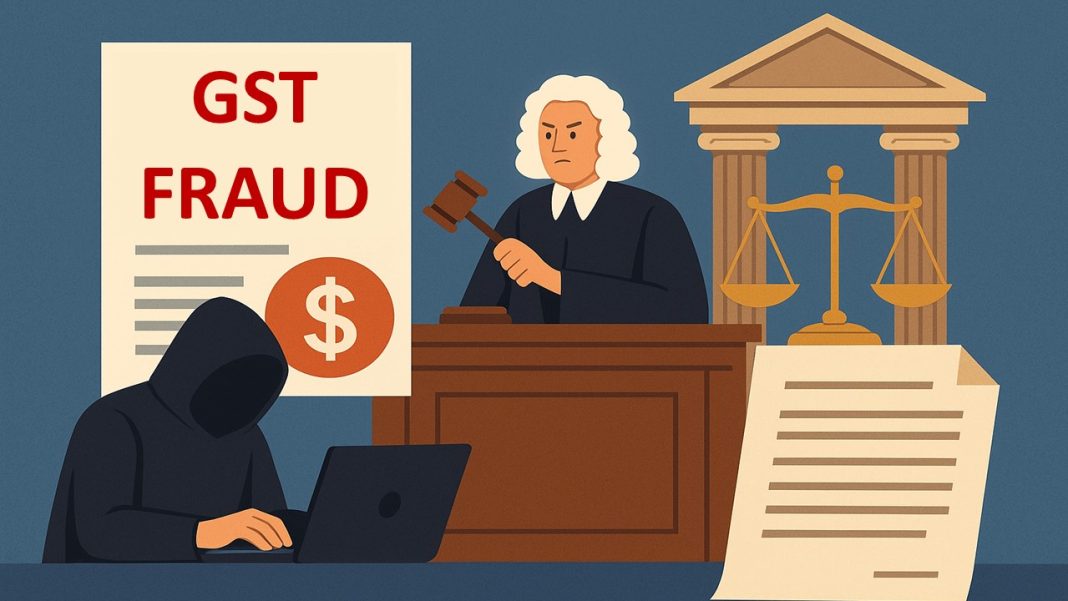Delhi High Court Refuses to Grant Relief in Fake ITC Fraud Case: Petitioner Directed to File GST Appeal
In a recent ruling, the Delhi High Court dismissed the writ petition in a case involving a huge GST fraud. The court refused to interfere in the matter, as the case needed factual analysis and the order was appealable under the CGST Act.
The assessee, Devender Singh and his associates were accused of running a network of fake companies. These companies were used to fraudulently claim Input Tax Credit (ITC) without actually receiving any goods or services. Around 41 exporting firms and 116 fake firms were created by these accused. The petitioner, Devender Singh, along with Mr Pawandeep Sachdeva, is accused of being the mastermind behind this fraudulent network.
The investigation found that the same mobile numbers, email IDs, IP addresses, and devices were used to operate multiple firms from Azadpur and Civil Lines (Delhi). The accused allegedly issued fake invoices and engaged in circular trading to illegally claim ITC. The investigation also revealed that they opened bank accounts under fake firm names and also GST numbers, which were generated in the names of these firms.
Based on these findings, the GST authority issued a GST penalty order dated 28th July 2025 against Devendra Singh and his associates after giving an opportunity of hearing to the petitioner. The petitioner challenged the said order before the Delhi High Court.
The petitioners’ Counsel cited Section 121, saying that the penalty can only be levied on a ‘taxable person’ and the petitioner is just the director or a partner of the firm, not a taxable person. The counsel also submitted that the petitioner had requested an opportunity for cross-examination, which was rejected. Further, the counsel of the petitioners argued that in terms of Circular No. 254/11/2025 – GST dated 27th October 2025, there was no assignment of the “proper officers” under Section 122 of the CGST Act.
The Bench, led by Justice Prathiba M. Singh and Justice Madhu Jain in the Delhi High Court, examined the case and accepted that the allegations against the petitioner are extremely serious. Regarding the petitioner’s claim of not being a taxable person, the court believed that if this argument is accepted, then in such cases of fake firms, no one would be punished even after cheating the Exchequer of crores of rupees. Therefore, the court held that the “taxable person” under GST can also include those who create and control fake firms.
The court also held that the show-cause notice has been issued by the Additional Commissioner, and they are also authorised to issue notices under section 122 of the CGST Act.
The High Court observed that this case involves complex transactions that need factual examination and consideration of voluminous evidence. Due to this huge fraud, the court decided not to interfere with the matter through a writ petition. Since the order was appealable under Section 107 of the CGST Act, the court asked the petitioner if they wanted to appeal. However, the petitioner stated that they cannot pay the pre-deposit. Considering the same, the High Court dismissed the writ petition.
Case Citation: Devender Singh Vs Additional Commissioner (Delhi HC); W.P.(C) 16820/2025 & CM APPL. 69120/2025; 06/11/2025



